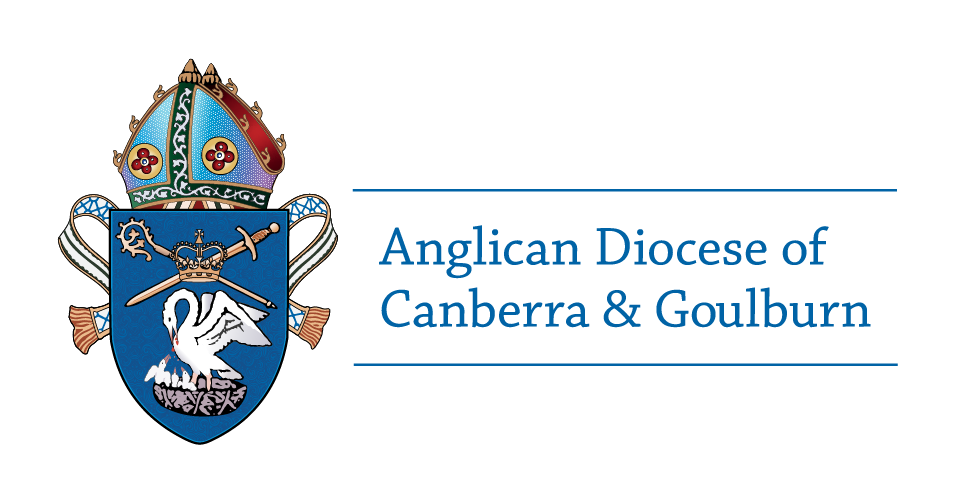
Special Religious Education
SRE Teacher Requirements
Any person who wishes to teach Special Religious Education or be a SRE helper at a NSW Government School must be authorised to do so. You must be authorised by your Rector or Priest-in-Charge of your church.
Authorisation involves the following steps:
- Complete the SRE Authorisation Form (this must be completed annually)
- Hold a current WWCC (NSW)
- Be current in Safe Ministries training (have completed in the last 3 years), which also covers the Diocesan Code of Good Practice
- Teachers and Helpers must also have an awareness of the Department of Education’s Code of Conduct which also includes their Social Media Policy
- Have a current Safe Ministries Check Questionnaire – Volunteer Lay Church Worker – Safe Ministry Check (have completed in the last 3 years)
- Have completed the Department of Education SRE/SEE Teacher Declaration
- Have completed and provided evidence of initial SRE training (to be completed every three years) which will include:
- SRE Basic Training Modules either at face-to-face training days or online that can be accessed at https://nswactbaptists.org.au/sre-training/
- Online through ChristianSRE at https://www.christiansre.com.au
- For further training options please email safeministry@anglicands.org.au
- Commitment to regular ongoing training, including being current in Safe Ministries Training, classroom management strategies and implementation of the SRE curriculum.
Once a teacher has been authorised to teach SRE the Diocese will provide to the school a letter which will include the name of the authorised teacher, date of birth, contact details and confirmation of verification of WWCC. This letter will be updated annually before the start of Term 1 and as required.
SRE Curriculum
Our SRE teachers use the following resources for their curriculum:

http://cepconnect.com.au/curriculum

https://thinkfaith.com.au (The curriculum is available here.)

Love out Loud (The scope an sequence is available here.)
The Diocese is committed to ongoing review of the curriculum used to deliver SRE and will review the appropriateness of the curriculum every five years, with the next review to take place in 2023. Reporting the results of the review process which will be a part of the annual assurance process and include a description of efforts to address identified issues such as further training and mentor support.
The Diocesan procedure for reporting abuse or complaints can be found here.

